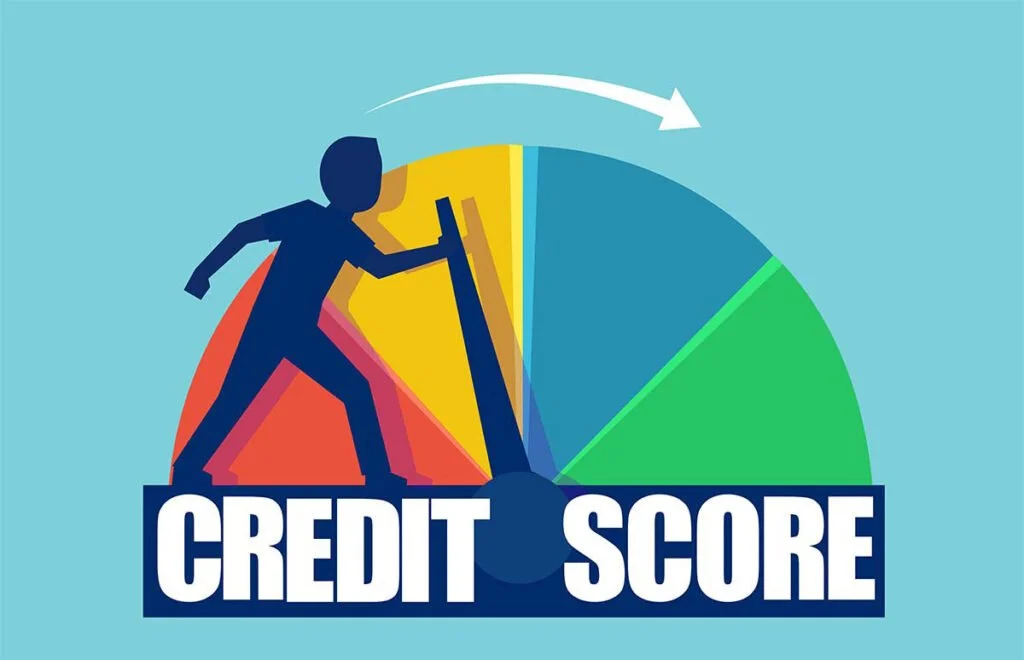How long does it take to build credit?
Your credit score is a number between 300 and 850 that gives businesses an idea of how likely you are to make payments on time. When you have a high credit score, lenders are more likely to approve you for credit, and you may also qualify for lower interest rates. Establishing good credit takes time and persistence. If you’re just beginning to use credit accounts, how long will it take you to build credit? In this article we’ll look at what goes into building a good credit score, and some simple ways to improve your credit.
Here’s what we’re going to cover:
How long does it take to build a credit score for the first time?
What are the ranges of credit scores?
How is my credit score determined?
How long does it take to build better credit?
How long does it take to build a credit score for the first time?
There is no exact rule for how long it takes to get a credit score. From the time you first open credit accounts, it may take about six months to generate your first credit score.
If you’ve been using credit for less than six months, you may not have a credit score yet. You can check your credit score online through Experian at no charge.
What are the ranges of credit scores?
The credit scoring model most commonly used in the United States is FICO. FICO reviews information submitted by the three major credit bureaus—Equifax, Experian, and TransUnion—and assigns you a score based on your credit activity.
Credit scores range from 300 to 850, with the highest number being the best. Most people’s credit scores fall somewhere in the middle of this range.
FICO rates credit scores like this:
300–579: Poor
580–669: Fair
670–739: Good
740–799: Very good
800–850: Exceptional
How long does it take to build better credit?
Once you have a credit score, improving it to the “very good” or “exceptional” range may take months or even years.
By far the best thing you can do for your credit is to pay all your bills on time and in full. This tells lenders that you know how to handle credit responsibly. In addition, it helps to use a variety of credit types and keep your old credit accounts open.
Just as your positive credit behavior can raise your credit score, any negative behavior can lower it. Missed or late payments can continue to affect your credit score for seven years. More serious problems like bankruptcy will cause a larger drop in your credit score that can last up to 10 years.
To keep your credit strong, it may help to set up automatic or recurring payment on your accounts. That way you never have to worry about missing a payment.
Remember that it takes time to establish credit. The good financial habits you develop now can serve you well for many years to come.



